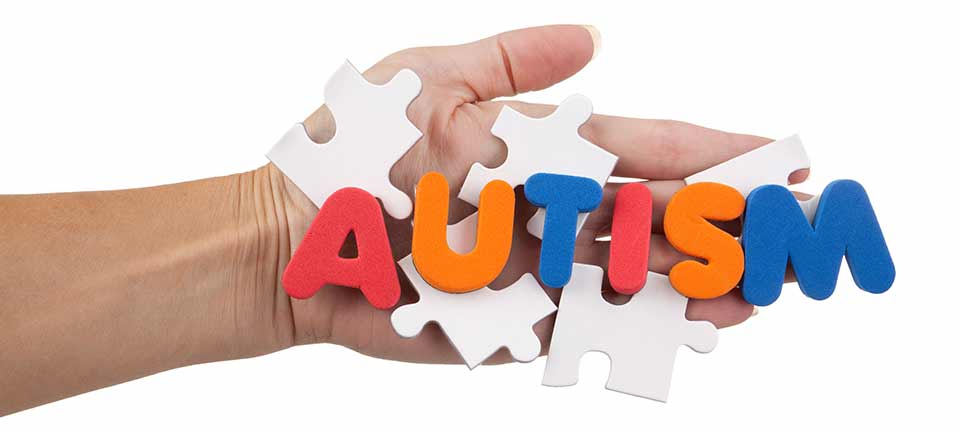
What is Autism Spectrum Disorder?
Severe or mild, ASD is characterized by impairments in social skills, impairments in communication skills, and limited or repetitive interests and behaviours.
The most well-known and evident manifestation of autism is failure to develop “normal” social relationships. It may be severe, as in children who spend most of their time rocking, twirling objects, or seemingly locked in their own world. It may be mild, as in individuals whose social behaviour is seen as ‘odd’, usually resulting in the individual being shunned or ignored by peers.
The degree of verbal ability and social abilities will help to determine where the individual sits on the autism spectrum, and what label is attached: Autism; Asperger’s syndrome; or pervasive developmental disorder-not otherwise specified.
Davis Autism Approach® Program can benefit anyone on the autism spectrum, but here I have chosen to focus on the symptoms generally associated with Asperger’s syndrome. That is because parents of someone diagnosed with autism will likely already have obtained a formal diagnosis before visiting this web site. Asperger’s syndrome may be much more difficult to diagnose, as will pervasive developmental disorder-not otherwise specified (PDD-NOS).
All individuals on the autism spectrum will display many of the following characteristics to a greater or lesser degree. No individual will have all of the characteristics. If you have a loved one that seems to have many of these characteristics, please contact Desmond Smith for more information or to arrange a consultation.
Asperger’s Syndrome: Characteristics
Here are behaviours or characteristics frequently seen in individuals with Asperger’s syndrome:
- Is not interested in social activities of peers (often becomes evident as child begins school);
- Does not seem to understand social situations and conventions;
- Has a high level of interest in one or more areas, but limited interest in topics of interests to peers; does not seem to know how to share interests;
- Has problems with motor coordination (printing, catching a ball, running);
- Over-reacts to some stimuli, such as specific sounds, smells, some foods, the way in which foods are presented on a plate, or some textures or fabrics;
- Is comfortable with routines, and anxious when routines are changed;
- Has problems with attention regulation and learning at age-appropriate pace;
- Is often hyperactive, at least in some situations;
- Delayed in development of speech and/or has problems using language in socially appropriate ways. May sound like a ‘little professor’ when talking at length about areas of special interest, but be unable to use language in conversation;
- Has difficulty with abstract language, figures of speech, or similes;
- Often seems to be on a high level of alertness or anxiety;
- Has a strong sense of justice and may refuse to follow rules that seem unfair, or may refuse to accept authority if own logic or interests seem compromised;
- Perseverates on one idea and cannot seem to let it go or change activity or topic;
- May have an unusual attachment to an object and require the presence of that object for comfort;
- Has significant problems with adaptive behaviour, especially with regard to anger management, anxiety and depression;
Copyright© 2009 by Cathy Dodge Smith, Ed.D.
INTERESTED?
Learn how our Belleville Programs work! Dyslexia, Autism, Attention Mastery, Math, Stress.
GET IN TOUCH NOW!
Explore how Desmond Smith and his staff can help you or your child. We would love to hear from you!
